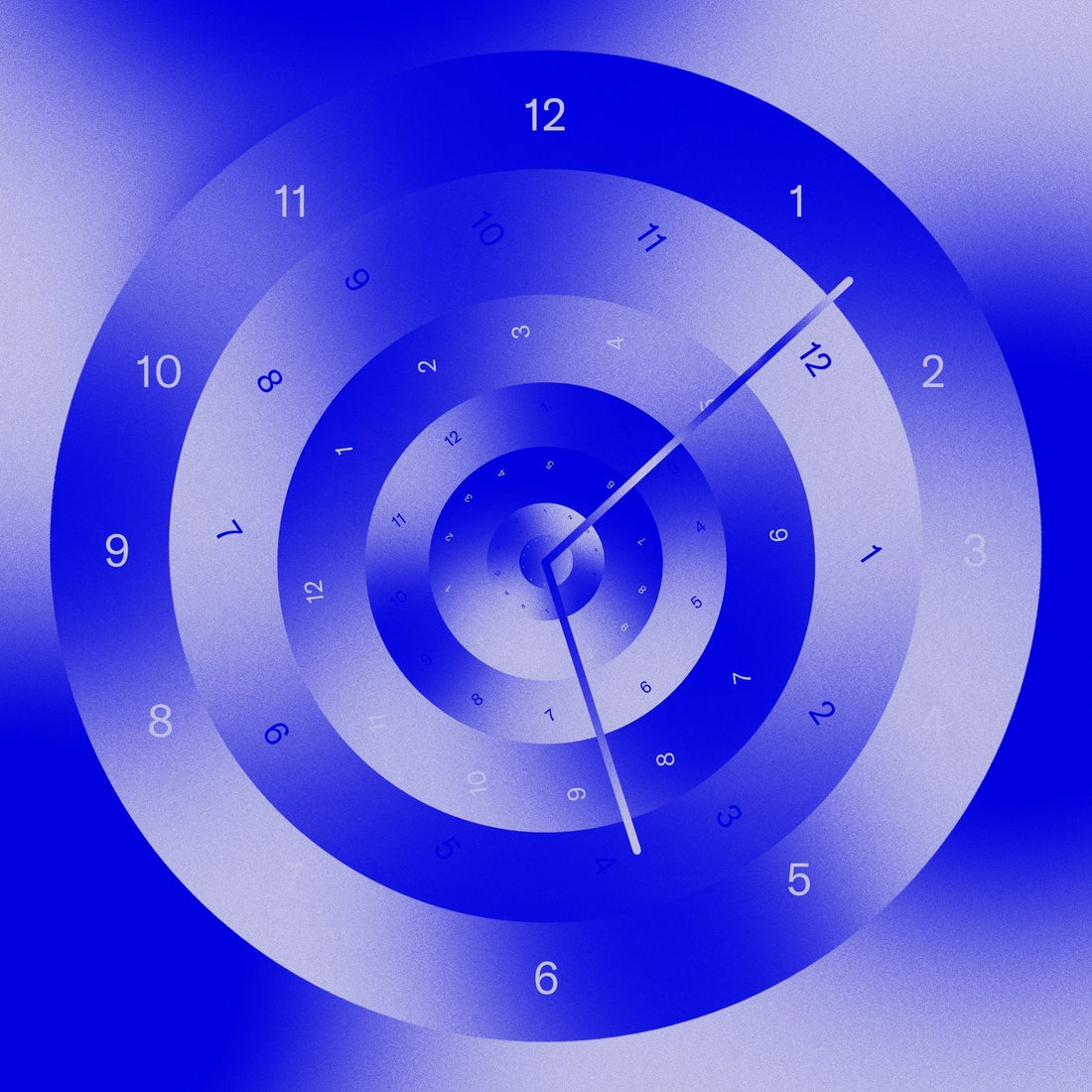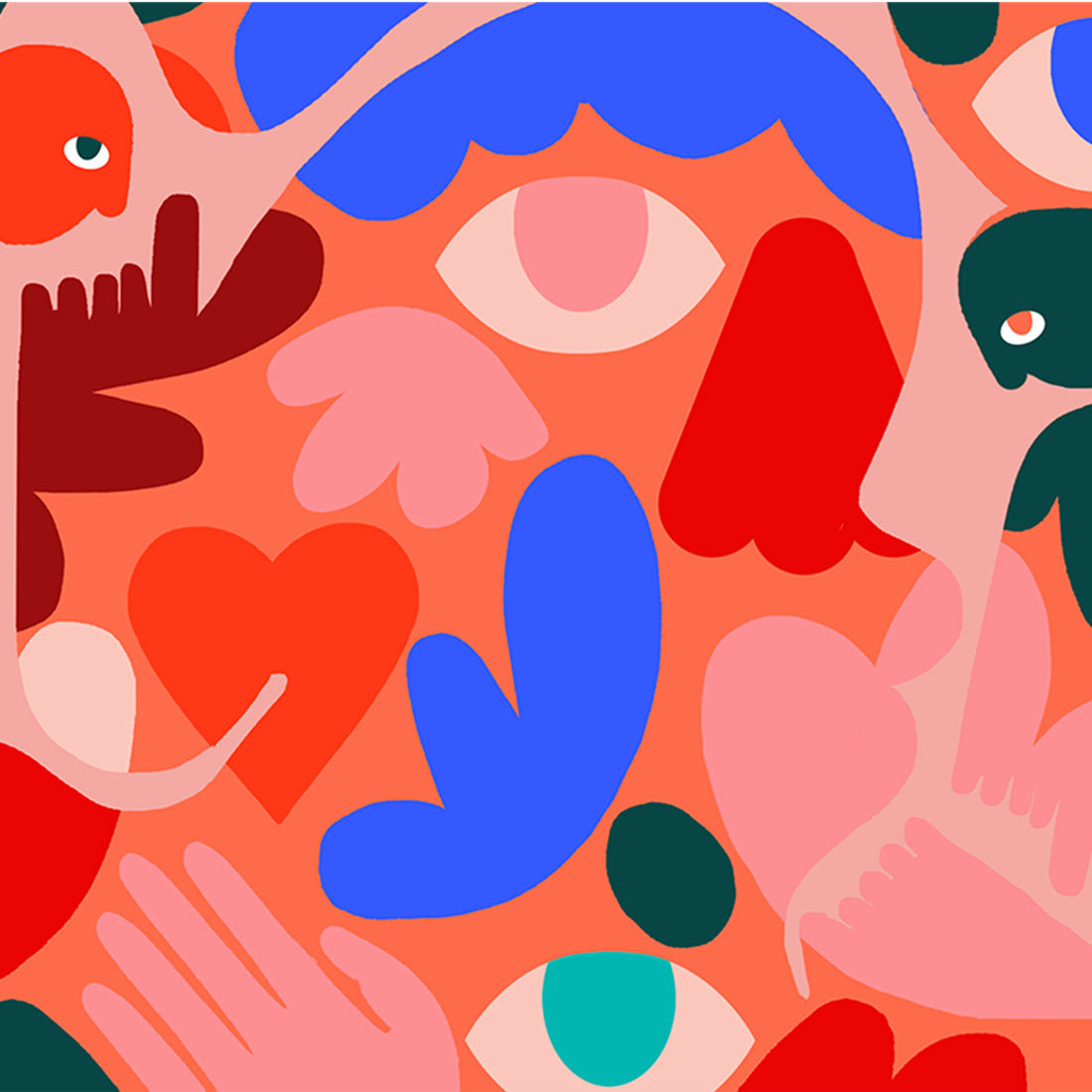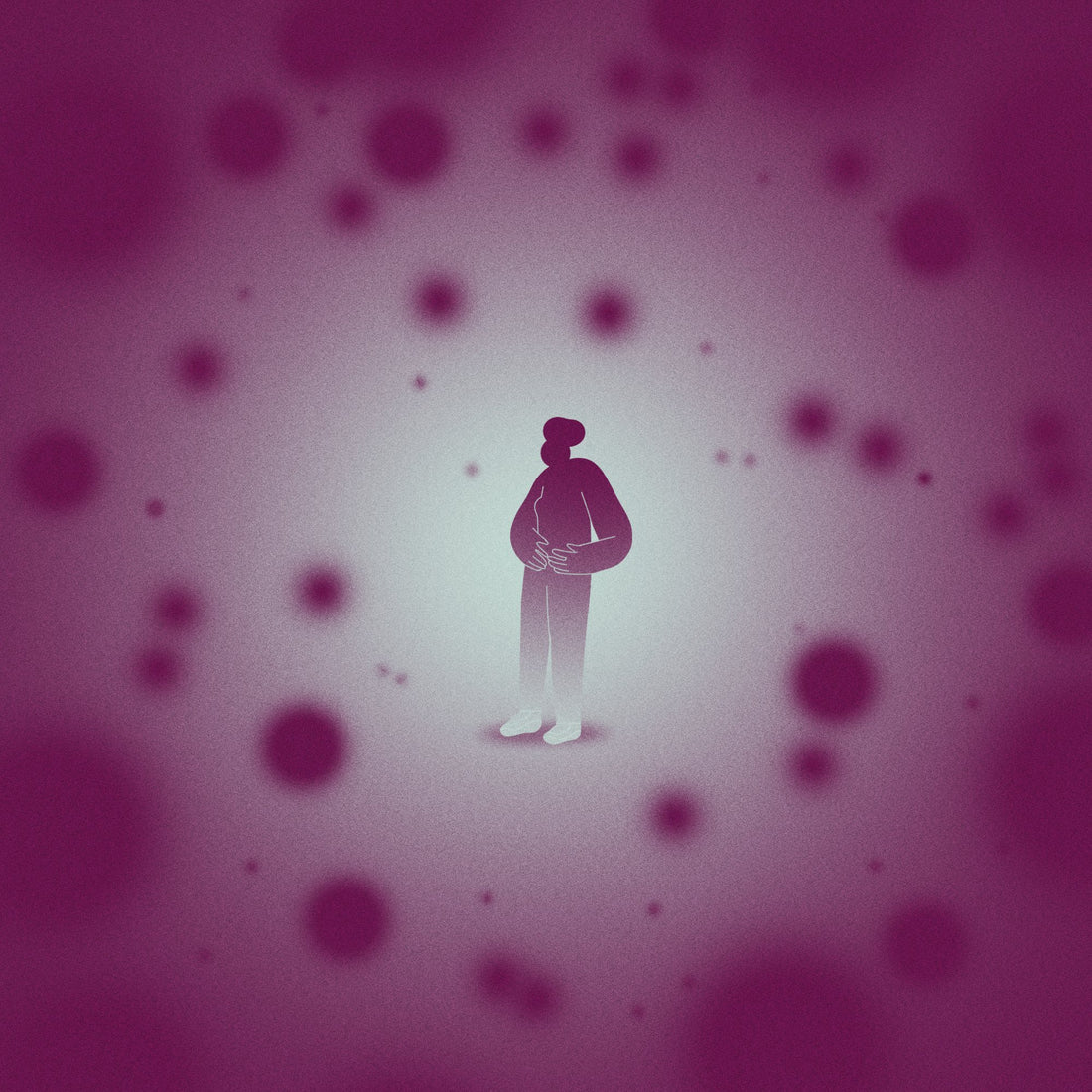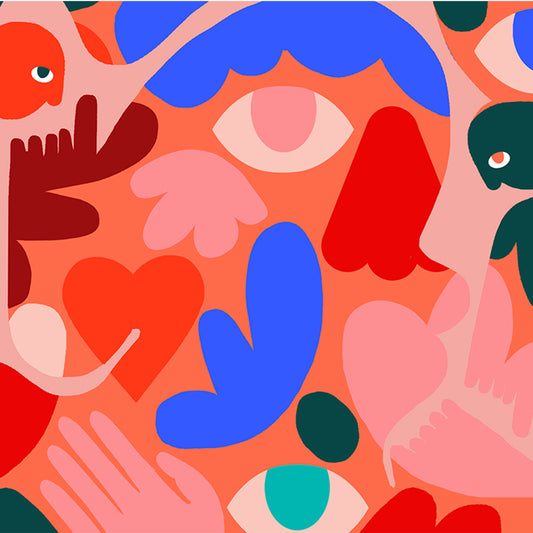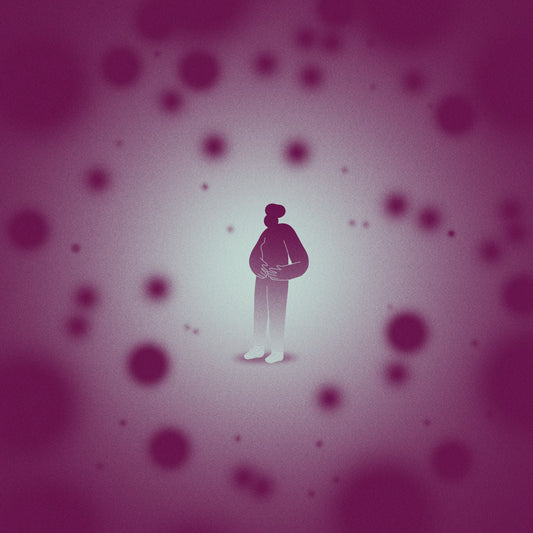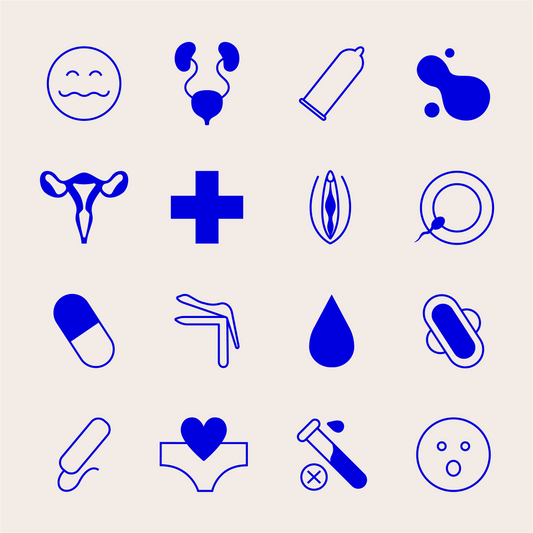Menopause, or the time when your periods stop and you produce less reproductive hormones, usually happens around the age of 51. Those who have experienced it know how awful it can feel: the hot flashes, night sweats, feeling extra emotional, and more. However, for about 5 percent of women, menopause can happen a few years earlier — in which it may be considered “early menopause.” What is early menopause? It’s when someone’s period stops or becomes irregular before they reach 45 years old. It’s also known as premature ovarian insufficiency (POI). Early menopause is different from premature menopause, which happens before age 40, and perimenopause, which is the transitional time around menopause. What are the reasons for early menopause? Is it a serious health concern, and if so, how should you handle it? We asked a couple of doctors what you need to know.
Early Menopause 101: The Causes and Symptoms
There’s not one definite, identifiable cause of early menopause. “Often, someone who has POI has elevated follicle stimulated hormone (FSH) with raised gonadotropins and low estrogen levels,” says Dr. Lynae Brayboy, M.D., OB-GYN, the chief medical officer at Clue, a period tracker app. “Gene mutations or chromosome changes (sometimes called abnormalities) are implicated in 10 to 20 percent of cases. However, there is emerging evidence that mitochondria (the powerhouse of the cell) in eggs … produced by the ovary may be linked to POI.” She adds autoimmune diseases, adrenal gland dysfunction, and exposure to toxicants from chemotherapy and cancer radiation can also contribute. Having your ovaries removed is another cause, according to Dr. Cary L. Dicken, M.D., FACOG, a reproductive endocrinologist and infertility specialist with RMA Long Island IVF. But mostly, it comes down to the aforementioned genetic and autoimmune issues, Dr. Dicken affirms.
You’re not alone in what you’re going through, and other people want to support you and your well-being.
“Many causes of early menopause are assumed to be autoimmune in nature,” Dr. Dicken says. “Those at risk for inheriting a genetic factor that can cause premature menopause have a higher risk. Also, women with autoimmune polyglandular syndrome are at higher risk.” If you’re not on hormonal contraceptives, you may experience early menopause symptoms such as vaginal dryness, sleep abnormalities, sexual dysfunction, and hot flashes, according to Dr. Brayboy. Not sure if you’re actually experiencing early menopause or not? Brayboy says tracking your periods and getting lab results from a doctor is how to find out.
How Serious Is Early Menopause?
Unfortunately, early menopause can be a real problem. “POI is linked to premature cardiovascular disease, which is the leading cause of death for African-American and white women in the United States,” Dr. Brayboy says. Dr. Dicken agrees, explaining how low estrogen can lead to health problems. “Estrogen is important for bone health, and persistently low estrogen levels can be problematic for a woman’s general health, as well,” she says. According to research, women who experience early menopause are more likely to develop dementia, even before they hit 65. However, regular exercise, educational activities, leisure, and avoiding cigarettes and alcohol can lessen that chance. Early menopause also keeps you from being able to get pregnant, even with help. “From a fertility standpoint, this is a serious problem,” Dr. Dicken says. She continues to say that intrauterine insemination (IUI) and in vitro fertilization (IVF) aren’t beneficial at that point. But if you want to have a baby, you still can — just in a different way. “Women with an early menopause who desire pregnancy need to use eggs from another woman,” Dr. Dicken says. You can carry those eggs in your uterus, just not conceive with your own eggs.
How to Handle Early Menopause
If you think you might be experiencing early menopause, it’s crucial to pay attention to two things: any changes in your cycle, and the specific symptoms you have. “Individuals should develop the habit of tracking their cycles, which informs you about what is typical for your body,” Dr. Brayboy recommends. Updating your doctor along the way is important. “Your healthcare provider may initiate a work-up to determine why you have changes in your menstrual cycles,” she adds. The treatment then depends mostly on your symptoms. And BTW — keeping in touch with your doctor is especially important if you experience symptoms such as chest pain, shortness of breath, abnormal heart rhythms, lower back pain, or easily broken bones. One treatment the doctor may offer is birth control. “Typically, women who go through an early menopause are put on a birth control pill so that their bodies receive the estrogen
